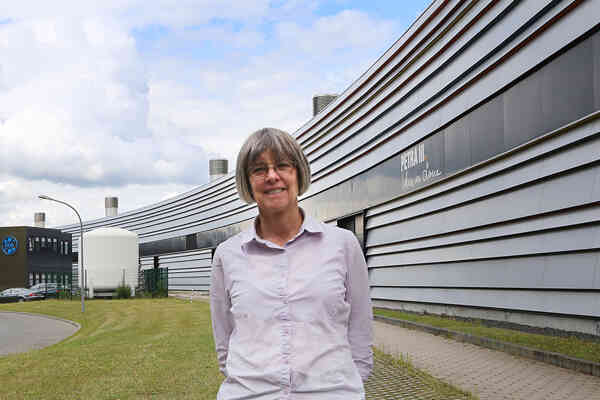
Welcome: Liz Duke
The new team leader at EMBL Hamburg talks about her plans to establish biological X-ray imaging and high-throughput tomography.
EditFormerly known as European Learning Laboratory for the Life Sciences
Our inspiring educational experiences share the scientific discoveries of EMBL with young learners aged 10-19 years and teachers in Europe and beyond. We belong to EMBL’s Science Education and Public Engagement office.
The EMBL Insight Lecture 2014 “Why do we do what we do? Exploring the neural basis of emotions” was presented by EMBL group leader Dr. Cornelius Gross on 5th December 2014.
Cornelius Gross and his team study the molecular and neural basis of behaviour at EMBL Rome. In his talk, Cornelius Gross provides an introduction to the study of brain and behaviour and then explores the challenges scientists face when trying to understand how complex behaviour is determined. In the main part of his talk, Cornelius Gross focuses on the role of neural circuits in controlling emotions such as fear and anxiety and shares his research insights into this fascinating field of biology. Cornelius’ central question in the talk is: why do we do what we do?
• Instinctive and voluntary behaviour control
• Synapses
• How neural circuits control emotions?
• Optogenetics: using light to control the brain
• Regions in the brain that control fear responses
• Measuring instinctive fear and fear memory in mice
The EMBL Insight Lecture is available via on-demand-streaming from this website. You can watch it directly in the window below. Alternatively, you can open the EMBL Insight Lecture here.

The new team leader at EMBL Hamburg talks about her plans to establish biological X-ray imaging and high-throughput tomography.
Edit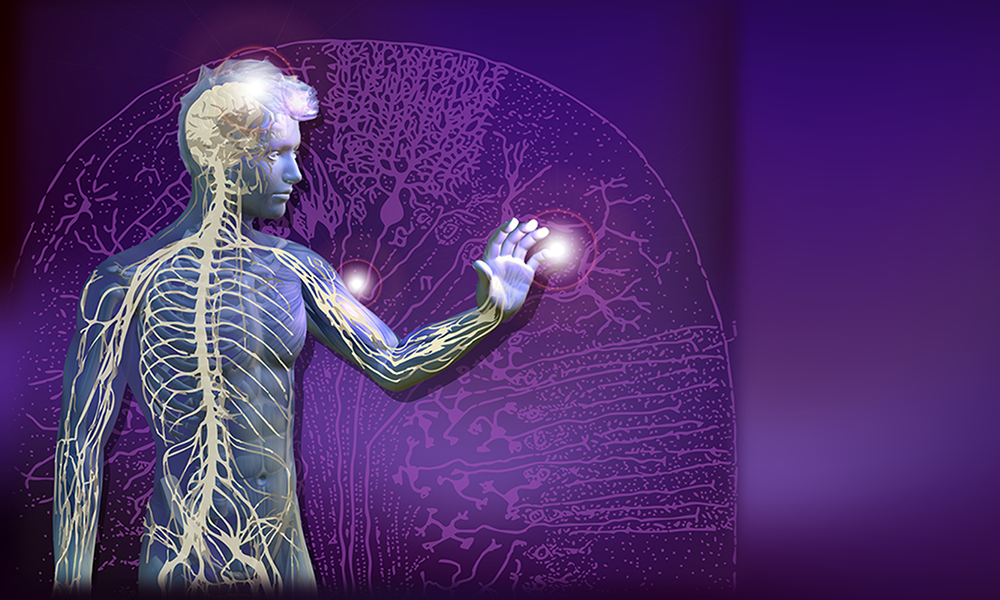
Topic area: Epigenetics & Neurobiology
Age group: 16-19
Share:
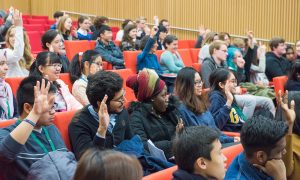
“Imaging life - How modern microscopes revolutionise biology” by Dr. Robert Prevedel
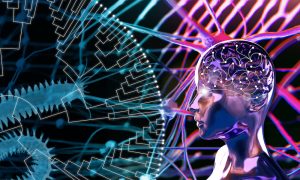
“Uncovering the origin of learning and memory - A journey into the evolution of nervous systems” by Dr. Detlev Arendt
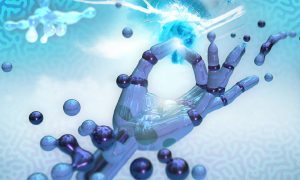
"The shapes of life: modelling how cells self-organise" by Dr. James Sharpe